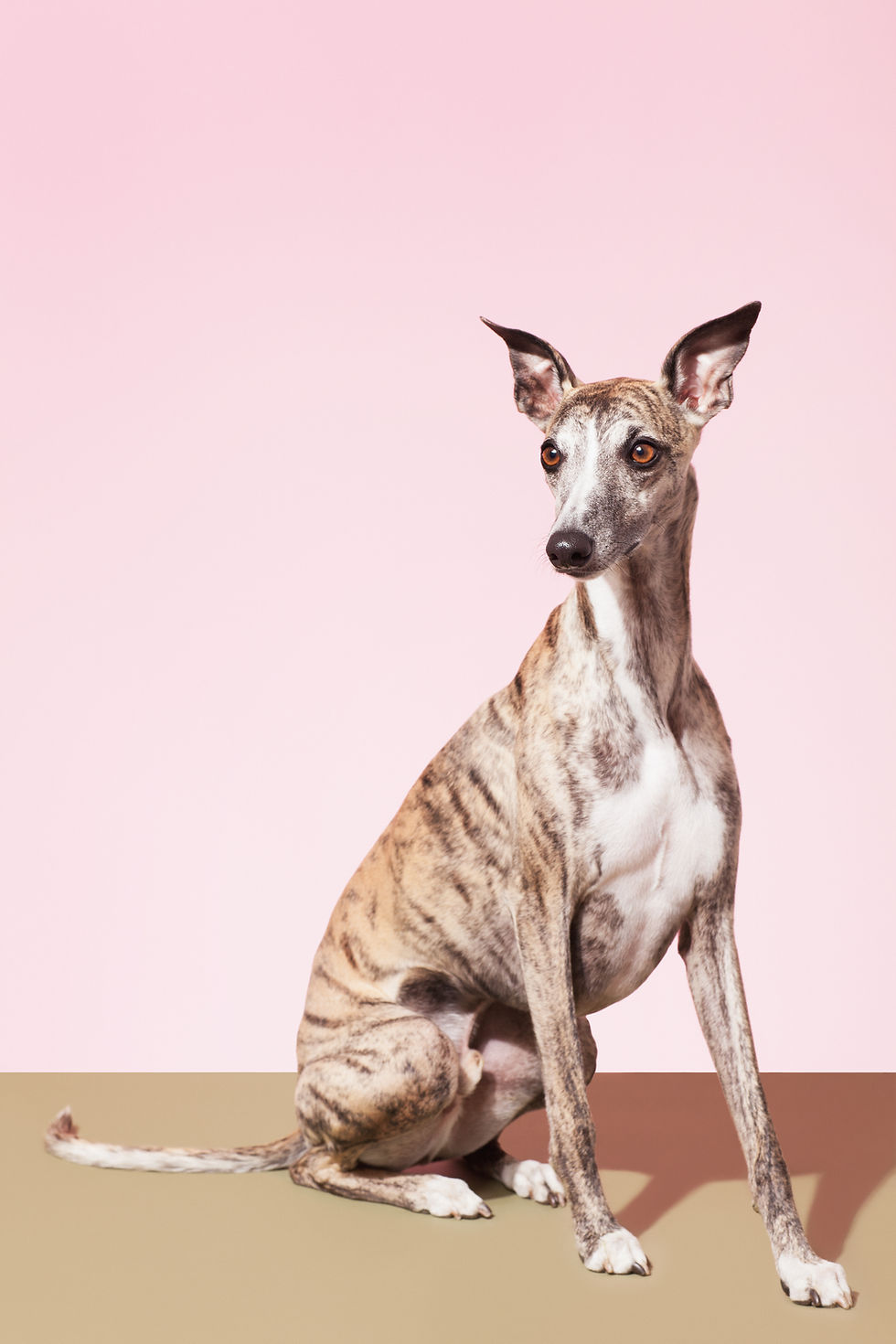UK Government Set To Ban Elephant And Rhino Ivory!
- Jennifer J

- Jun 16, 2018
- 2 min read

To tackle the ivory trade, the United Kingdom is set to ban the sale of ivory products. Most ivory products are to be banned under the new proposal. The ivory products which are to be banned, would include ivory products from items made from rhino ivory or elephant ivory. Elephant ivory is one of the ways ivory products are made and sold. Rhino ivory is also used to make products from the ivory, such as ornaments. These products are made and then sold, either legally or illegally. Whether made and sold legally or illegally, the impact is devastating for species of animals like rhinos and elephants. The ivory products are made by elephant tusks, and rhino horn being taken off the animals, after they are killed. Animals such as elephants and rhino are not only killed through poaching. The poaching also puts them in danger of extinction. Poaching is a major threat to wild animals.
There are several species of wild animals which are threatened by poaching. Poached animals include: elephants, rhinos and tigers. This is part of the illegal wildlife trade; which is driving several iconic species towards extinction. This is partly why a ban on ivory products is being implemented. The ban on ivory products will not be a complete ban, though. There are some exceptions to the proposed law. For example, musical instruments made out of ivory or objects of 'cultural importance' will not be covered in the ban. The UK is the worlds largest legal exported of ivory. Meaning that the country is the top country which is fueling the ivory trade. It will still fuel the ivory trade by allowing exemptions to the ban.
So, although the proposition by the government to have an ivory ban, the ivory ban is great news for these iconic animals, it doesn't go far enough. A total ivory ban is needed, without exemptions, to it, if we are to preserve and protect these iconic animals.



Comments